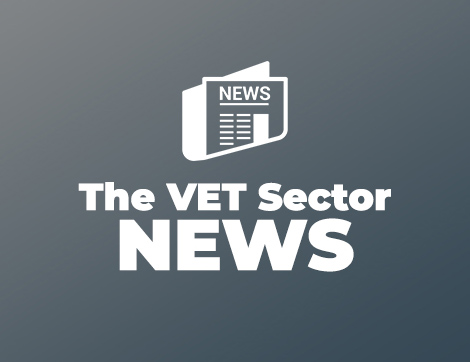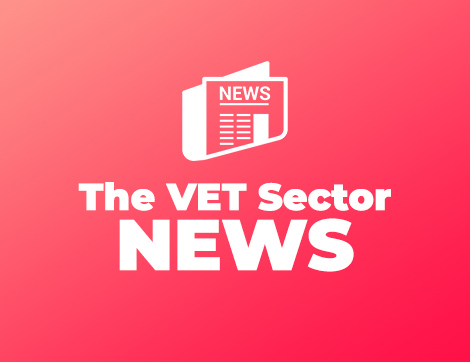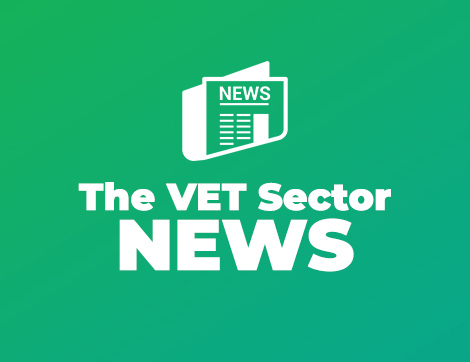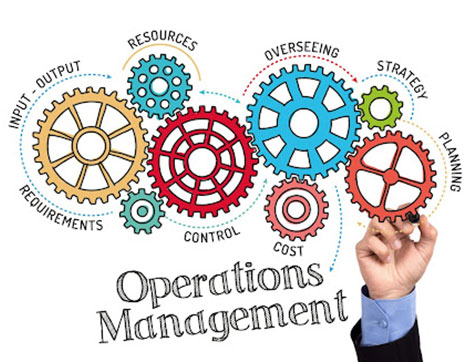As a Registered Training Organisation (RTO), you need to ensure that the training resources you use are of the highest quality. CAQA Resources is an Australian provider of quality-assured training materials, so you can be confident that our products will meet your needs. We offer a wide range of online and offline training materials, including manuals, workbooks, slideshows, e-learning modules, assessment tools and more.

CAQA Resources has been providing RTO training resources for over 10 years, and our team of experts have a wealth of experience in the VET sector. We understand the unique requirements of RTOs, and we’re dedicated to providing high-quality resources that will help your organisation deliver outstanding training. CAQA Resources has a strong reputation in the RTO sector as a trusted and reliable partner. We have worked with many of the leading RTOs in Australia, and we are proud to be able to say that we have helped them to achieve their training goals.
All of our RTO training resources are developed by qualified subject matter experts, and they undergo a rigorous quality assurance process to ensure they meet the highest standards. We also offer a range of flexible delivery options, so you can choose the format that best suits your needs. CAQA Resources is committed to providing RTOs with the resources they need to succeed. We offer a money-back satisfaction guarantee on all of our products, so you can be sure you’re getting the best value for your investment.
When you choose CAQA Resources as your RTO training resource provider, you can be confident that you are making the best decision for your business. We will work with you to ensure that your training is delivered in a way that is most effective for your organisation, and we will always be available to offer advice and support when needed.
When you are looking for high quality, engaging and realistic training resources for your RTO, CAQA Resources should be your first port of call. Here’s why:
- We have an excellent track record in providing quality training resources that meet the needs of RTOs across Australia. CAQA Resources has been providing training resources to RTOs for over 10 years, and we have a proven track record of delivering high quality, engaging and effective resources. Our team has extensive experience in developing eLearning, mLearning and offline courses, simulations and other types of training materials, and we are always up-to-date with the latest trends and technologies in the respective industries.
- Our team of experienced instructional designers and educationalists are passionate about creating content that is engaging and realistic, yet easy to use and understand.
- Our extensive range of vocational and work-placement booklets are second to none, and provide students with all the information they need to succeed in their chosen field.
- Our SCORM compliant files make it easy to integrate our resources into your existing learning management system.
- Our customer service team is always on hand to answer any queries you may have, and our prices are extremely competitive.
- We are an Australian-owned and operated company with a commitment to providing the best possible service to our RTO clients.
- Our resources are realistic, engaging and up-to-date. We provide comprehensive support to our RTO clients, including regular updates and advice on changes to the vocational education and training (VET) sector.
- CAQA Resources offers a complete solution for RTOs, from initial consultation and needs analysis through to course development, delivery and evaluation. We will work with you to understand your specific needs and requirements, and we will develop a bespoke solution that meets your exact requirements.
- CAQA Resources always uses the latest technologies and approaches in the development of our training resources. This means that your students will have access to the most modern and up-to-date learning materials, and you can be confident that they are using the best possible resources to gain the skills and knowledge they need.
- As an RTO, you have specific training needs that must be met in order to comply with the Standards for Registered Training Organisations (RTOs) 2015. CAQA Resources has a deep understanding of the RTO sector and we know what it takes to develop high quality training resources that meet the requirements of the Standards.
If you’re looking for quality training resources to help your RTO deliver the best possible training programs, look no further than CAQA Resources. Contact us today to learn more about our products and services.




















